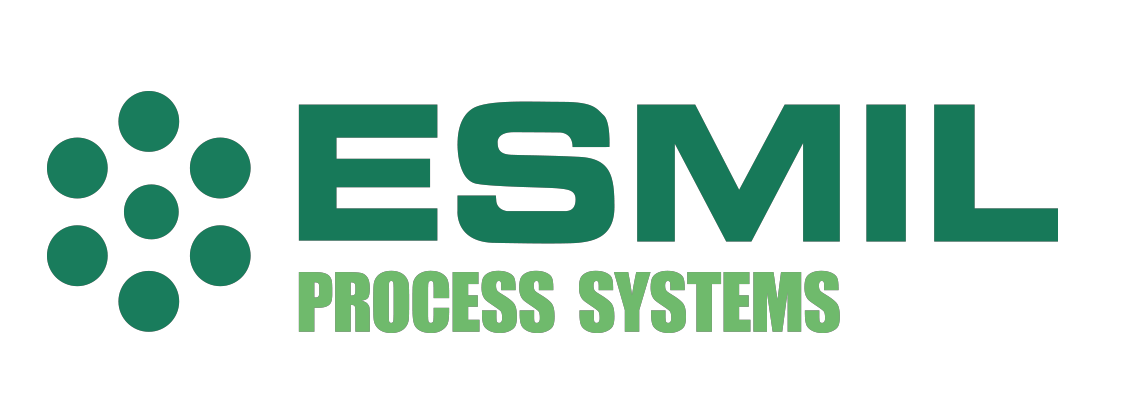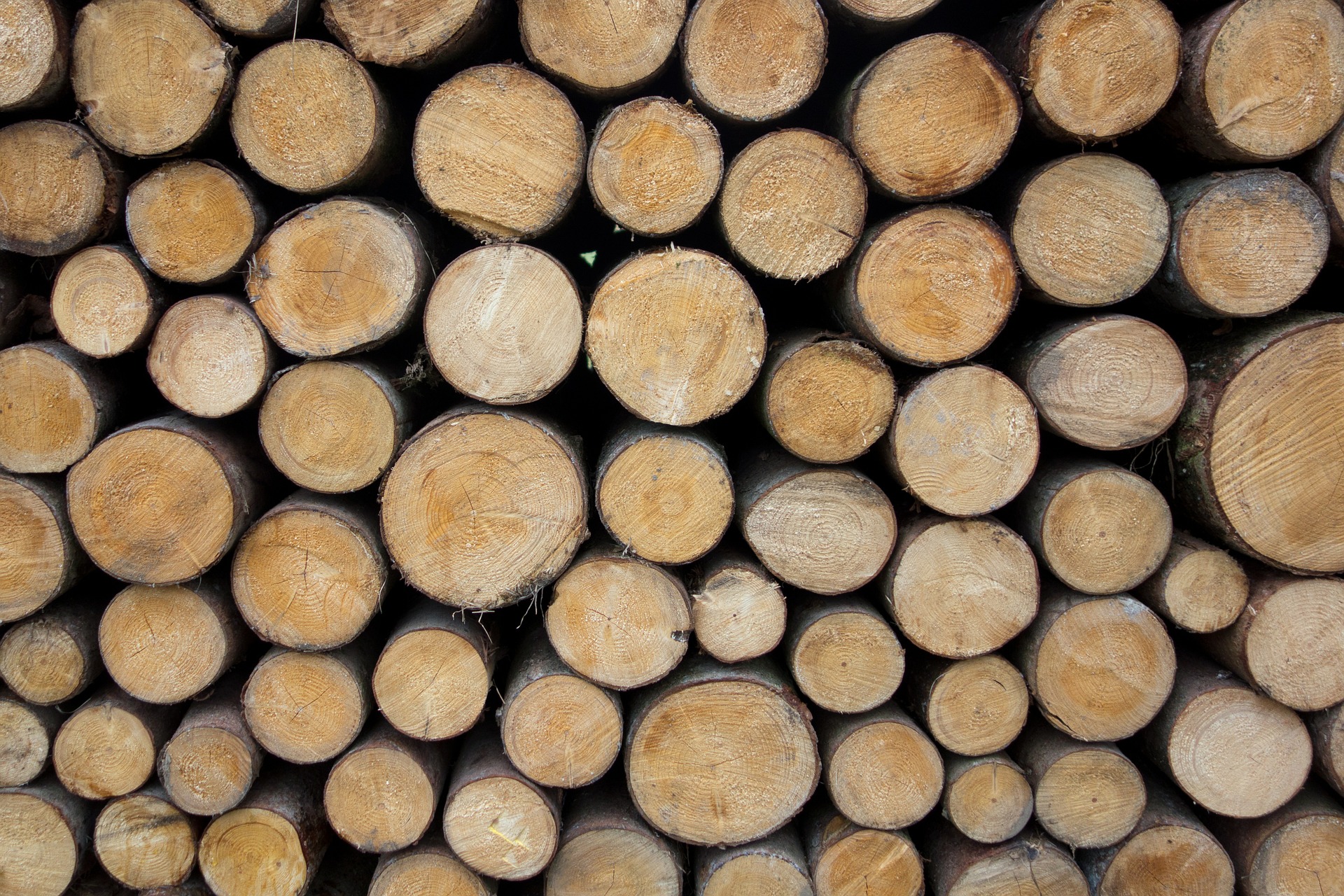Conventional treatment systems for MDF (Medium Density Fibreboard) Processing plants are reaching the end of their product life cycle as they:
- are capital-intensive
- no longer satisfy the demands of the Environmental Agency or the business economics
- produce two outputs, neither of which are suitable for recovery or re-use:
- a low-quality final effluent containing of inert solids, organic substances and residual biomass
- waste activated sludge known as biomass.
The Esmil “Zero Discharge” Effluent Plant combines the advantages of physico-chemical processes with proven membrane technology. All solid and liquid stream outputs are recoverable thereby resulting in a “zero discharge” plant.
The Esmil WWTP can achieve 90 – 95% water recovery and will generate three recoverable outputs. The process outputs from both pre-treatment and the membrane plant are as follows:
- Treated water (90 – 95%) recovered at various stages within the Esmil Plant and recycled to the manufacturing process
- filtered water leaving the multi-media filter of suitable quality to recycle as chip wash make-up water.
- permeate leaving the membrane plant of suitable quality for recycle to scrubber make-up water.
- permeate leaving the activated carbon filter (to further reduce COD) has a very low hardness and may be recycled to the existing boiler feed water/ ion exchange plant realising substantial savings on regeneration chemicals.
- Concentrate (5 – 10% DS) may be either incinerated in the waste recovery boiler on site or re-used as resin make-up water. MDF manufacturers using concentrate as resin make-up water claim it enhances the board quality and lowers the requirement for synthetic resin. The concentrate is suitable for resin make-up water.
- Filter cake with a high calorific value (45% DS) The calorific value of the cake is recovered by utilising it as boiler fuel.

